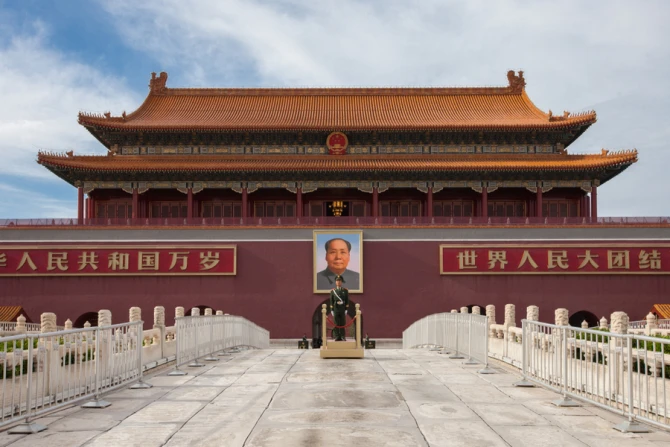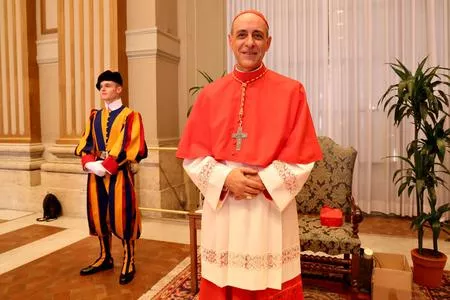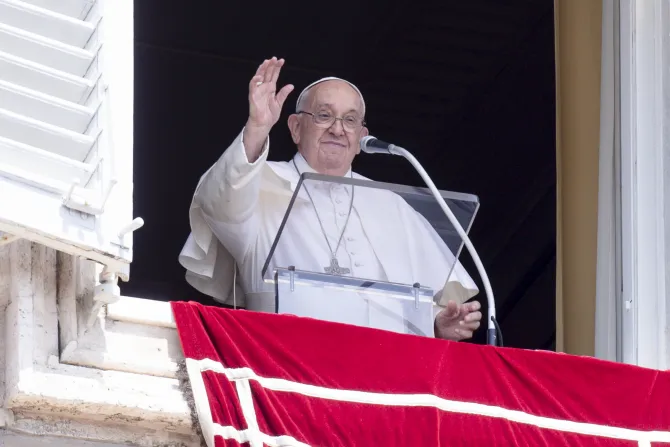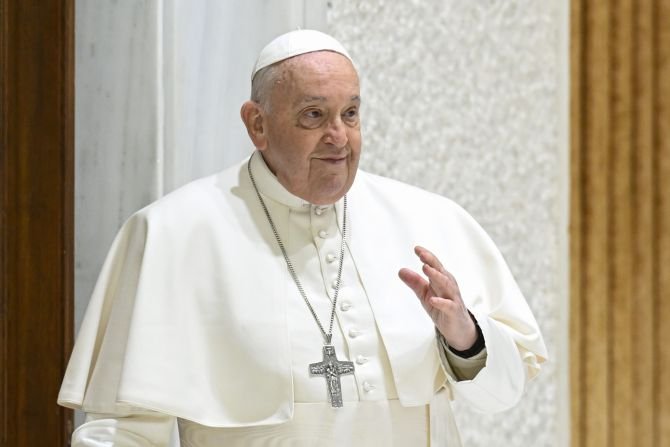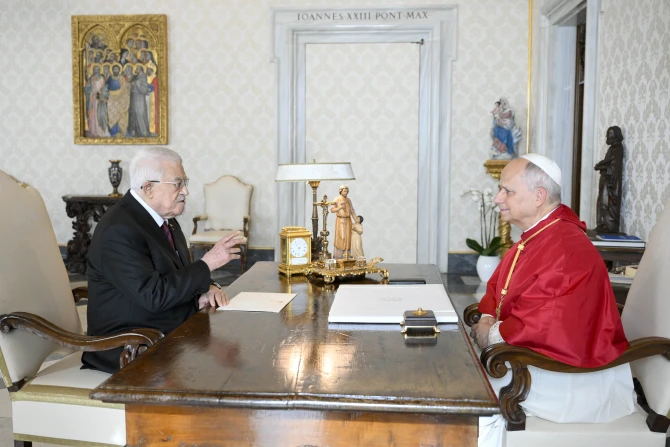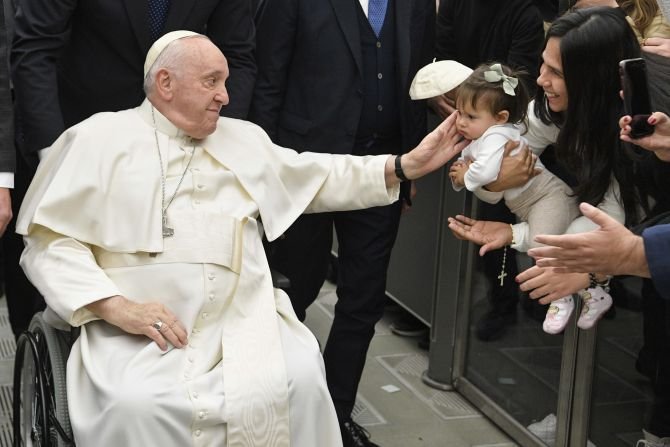New restrictions from China’s United Front ban foreign clergy from presiding over religious activities for Chinese people without the invitation of the Chinese government, severely limiting foreign missionary activity in the country.
According to the regulations, which will go into effect on May 1, “collective religious activities organized by foreigners in China are restricted to foreign participants only” with few exceptions.
The restrictions apply to believers of any religion, strictly prohibiting non-Chinese citizens residing in the country from establishing religious organizations, preaching without authorization, founding religious schools, producing or selling religious books, accepting religious donations, or recruiting Chinese citizens as religious followers.
Published on April 1 by the National Religious Affairs Administration, a branch of the United Front Work Department, the rules consist of 38 articles placing restrictions on foreign nationals’ ability to organize religious activities in the country.
Titled “Rules for the Implementation of the Provisions on the Administration of Religious Activities of Foreigners in the People’s Republic of China,” the regulations further stipulate that only Chinese clergy should preside over religious activities for foreigners at government-approved churches and temples.
It states that foreign religious clergy who enter China with a religious status may only preach if they are invited by one of the Chinese state-run national religious organizations and approved by the United Front’s religious affairs administration. Those accepted must also receive approval that the content of their preaching “does not interfere with China’s religious affairs.”
Beijing has long sought to maintain tight control over religious affairs, allowing only state-sanctioned religious institutions to operate legally.
The new regulations come after the National Joint Meeting of Religious Groups conference last month instructed these state-approved religious groups, including the Chinese Patriotic Catholic Association, to integrate Chinese Communist Party principles into their sermons.
This article was originally published on Catholic News Agency.

